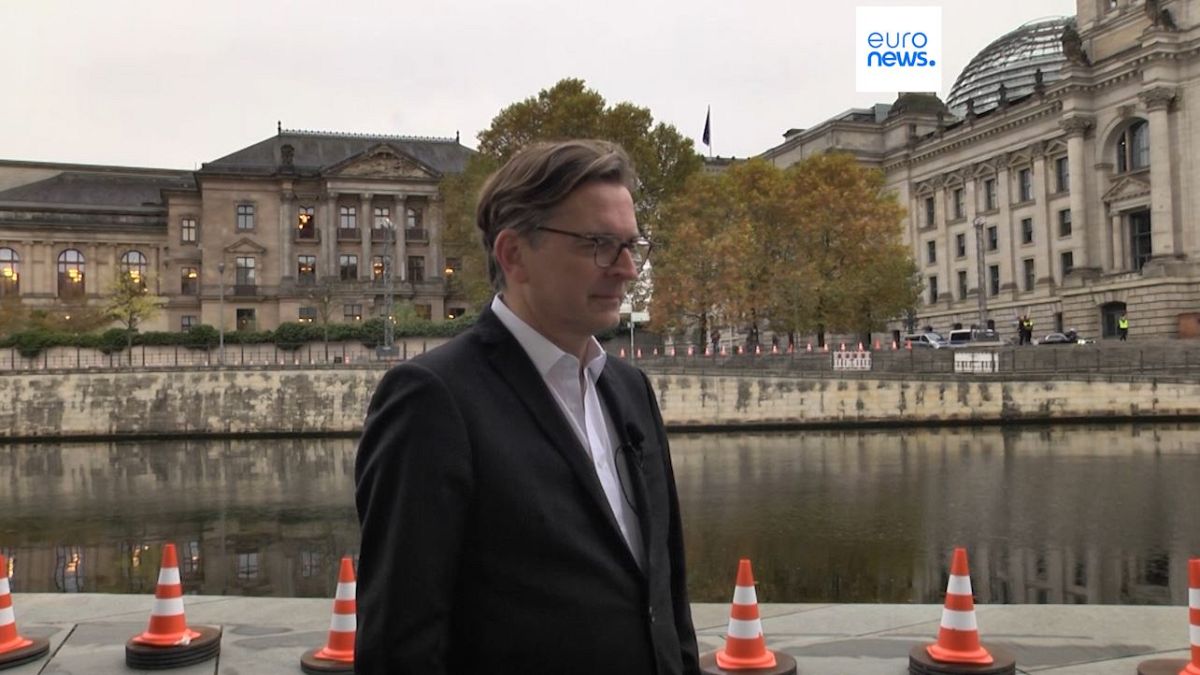The collapse of Germany’s coalition government has sent shockwaves across Europe, with Chancellor Olaf Scholz dismissing his Finance Minister and calling for a no-confidence vote in the Bundestag. Euronews Editor-in-Chief Claus Strunz provided insight into this unprecedented development, highlighting the incompetence and bad decisions of the now-defunct government. With new elections scheduled for 2025, the political landscape in Germany is set for a major upheaval.
The timing of this crisis couldn’t be worse, coming on the heels of Donald Trump’s re-election as US President. Germany, considered Europe’s most important power, now finds itself in a weakened state, raising questions about its reliability as a partner. While Scholz has reassured European allies of Germany’s continued support, the uncertainty surrounding the government’s future poses challenges for both domestic and international affairs.
Germany’s strong partnership with the US, particularly in support of Ukraine, is at risk as a result of the political turmoil. While Scholz has pledged to maintain existing commitments, the effectiveness of his leadership remains uncertain. With new elections looming, the country’s ability to fulfill its international obligations may be compromised, leading to potential repercussions for countries like Ukraine that rely on German support.
The division within German society mirrors the polarization seen in other Western countries, including the US. The collapse of the ruling coalition presents an opportunity for opposition parties to gain momentum and reshape the political landscape. The far-right AfD stands to benefit the most from Lindner’s dismissal, potentially altering the course of Germany’s policies and influence in Europe. This shift may bring about significant changes in the country’s political direction and priorities.
As Germany prepares for a new chapter in its political history, the uncertainty surrounding its leadership raises concerns about its stability and influence on the international stage. The upcoming elections will be crucial in determining the country’s future direction and its role within the European Union. With the AfD gaining ground and calls for change growing louder, the outcome of the elections could have far-reaching implications for Germany and its place in the global political arena.
In conclusion, the collapse of Germany’s coalition government has ushered in a period of uncertainty and change, both domestically and internationally. The repercussions of this crisis are likely to be felt across Europe, with implications for key partnerships and alliances. As the country navigates this unprecedented political upheaval, the decisions made in the coming weeks and months will shape its future trajectory and influence on the world stage.










